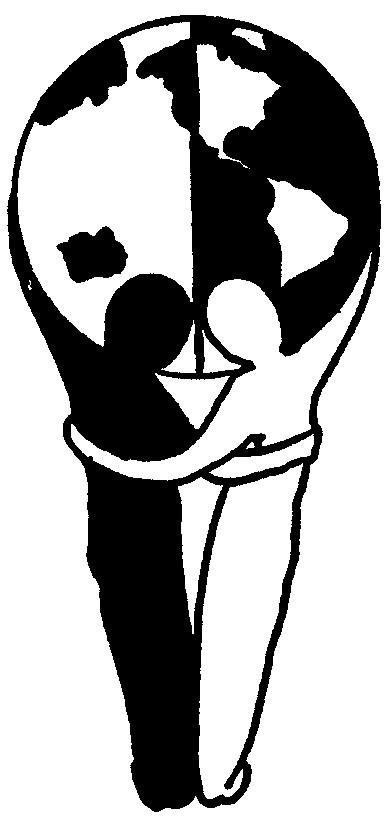Human Rights and Catholic Social Teaching
The foundational principles of Catholic Church teaching on human rights.
According to the United Nations, based on the Universal Declaration of Human Rights (1948), human rights are “rights inherent to all human beings, regardless of race, sex, nationality, ethnicity, language, religion, or any other status.” They are protected in international law, and all nations should aspire to uphold these rights for their citizens. Human rights include the right to life and liberty, freedom from slavery and torture, freedom of opinion and expression, the right to work and education, and many more.
Since Vatican II the Catholic Church has embraced the language of human rights, using it to describe the conditions and materials that every human being, based on their inherent dignity as being made in the image of God, deserves in order to flourish. As the U.S. Catholic Bishops state, “The Catholic tradition teaches that human dignity can be protected and a healthy community can be achieved only if human rights are protected and responsibilities are met. Therefore, every person has a fundamental right to life and a right to those things required for human decency.”
In the words of theologian Fr. David Hollenbach, SJ, “The church’s work in support of human rights is essentially connected to its mission to proclaim the Gospel. Human rights, the vocation of every Christian, and the mission of the church are inseparable.”
There is great concordance between much of the secular human rights tradition and Catholic social teaching on human rights. In his address to the United Nations in 1979, Pope St John Paul II called the Universal Declaration of Human Rights “a true milestone on the path of humanity’s moral progress.” His predecessor, Pope St Paul VI, called for the UDHR be ratified by all governments and for it to be fully observed by all (Octogesima Adveniens).
In his address to the United Nations in 1995, Pope St John Paul II recognized the importance of protecting human rights as a whole. In his encyclical Centesimus Annus, he drew up a non-exhaustive list of human rights recognized by the Church:
- the right to life, including for the unborn;
- the right to live in a united family and in a moral environment conducive to the growth of the child’s personality;
- the right to develop one’s intelligence and freedom in seeking and knowing the truth;
- the right to share in work which makes wise use of the earth’s material resources, and to derive from that work the means to support oneself and one’s dependents;
- the right freely to establish a family, to have and to rear children.
Pope John Paul II is credited with deepening and developing a distinctive Catholic human rights tradition. Over the years, other Church leaders have further developed the Church’s teaching in support of human rights, including the U.S. Catholic Bishops, who gave definitive support of the human rights tradition in their 1986 pastoral letter, Economic Justice for All:
“In Catholic social thought, therefore, respect for human rights and a strong sense of both personal and community responsibility are linked, not opposed…the conditions [which allow for human flourishing] include the rights to fulfillment of material needs, a guarantee of fundamental freedoms, and the protection of relationships that are essential to participation in the life of society. These rights are bestowed on human beings by God and grounded in the nature and dignity of human persons. They are not created by society. Indeed society has a duty to secure and protect them.”
In 2018, Pope Francis gave a speech in honor of the 70th anniversary of the Universal Declaration of Human Rights, in which he stated, “From a Christian perspective, there is a significant relation between the Gospel message and the recognition of human rights in the spirit of those who drafted the Universal Declaration of Human Rights.” Pope Francis also addressed some of the challenges facing the human rights tradition from a Catholic perspective. You can read Pope Francis’ speech here.
For more resources on human rights in Catholic social thought, visit the U.S. Conference of Catholic Bishops’ page describing Rights and Responsibilities in Catholic social teaching.

